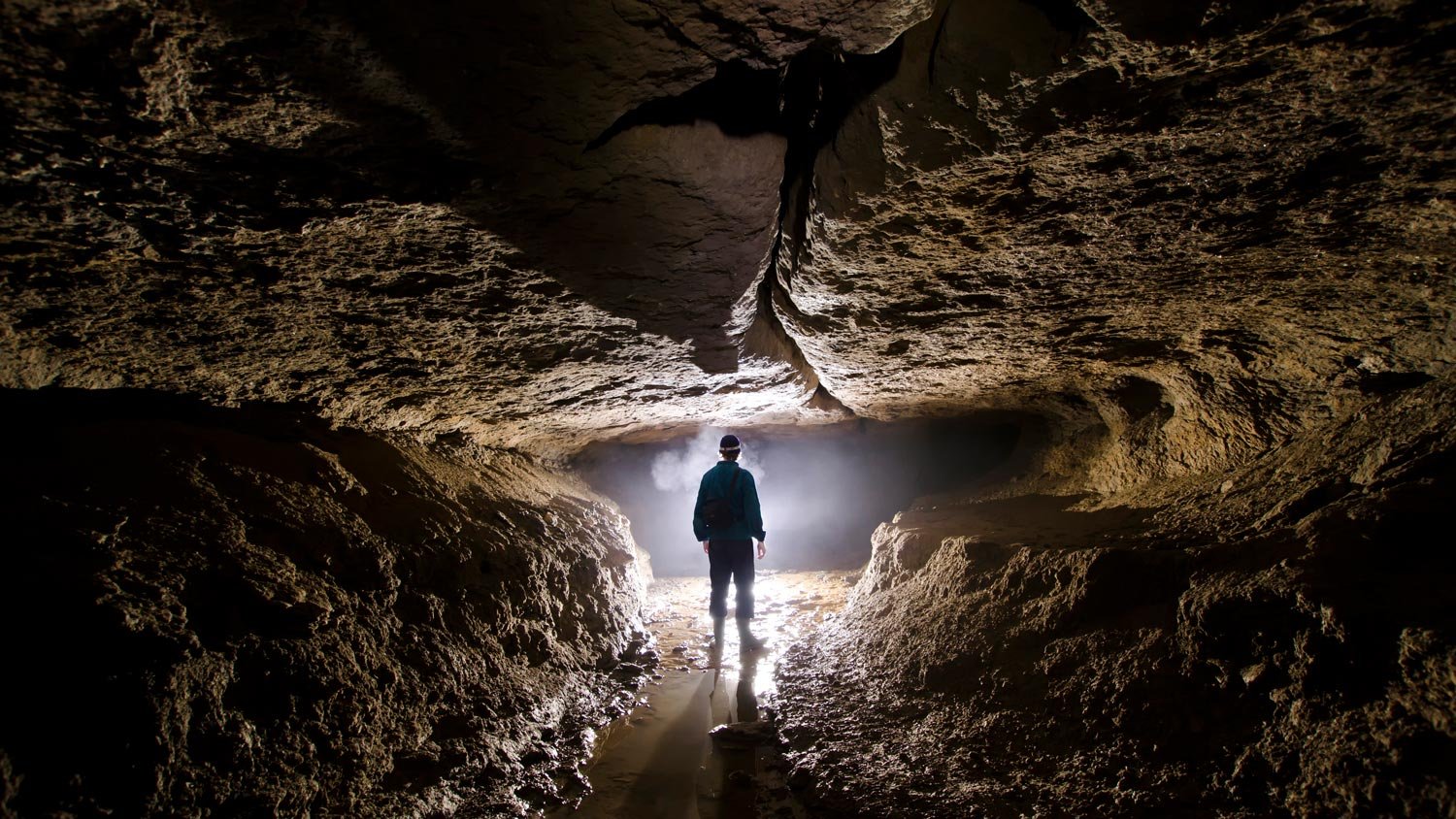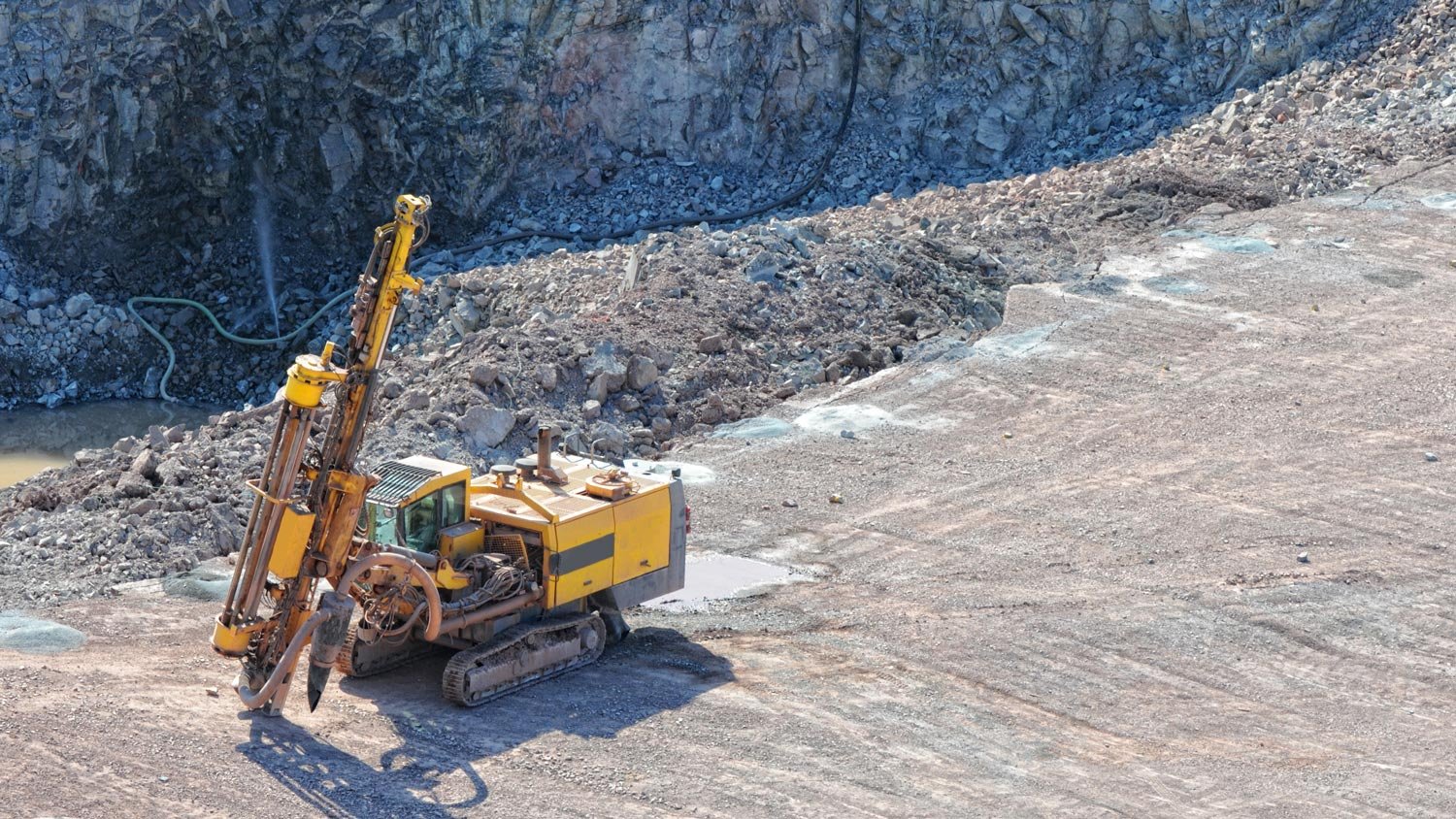About Mining and resource sector Traineeships
Western Australia is one of the most productive mineral and petroleum regions in the world, producing a significant proportion of the world’s minerals and petroleum commodities with over 50 different minerals mined including the production of iron ore, natural gas, gold, alumina, nickel and lithium.
There's also wide range of occupations in the mining and resources sector, ranging from drillers and miners to mechanics, electricians, fitters, machinists and fabricators, through to technicians, engineers, environmental scientists, geologists, and information technology specialists and offshore rig crew.
Wages in the mining and resources sector are among the highest of all industries in Western Australia and the sector is expecting to continue to grow into the foreseeable future, providing excellent longer term career prospects and paths.
Traineeships for the mining and resources sector start at Certificate level II (entry level) and go up to level VI (Advance Diploma). The most popularly used include:
Certificates II & III in Metalliferous Mining
Certificates II, III & IV in Drilling Operations
Certificates II & III in Process Plant Operations
Certificates III & IV in Resource Processing
Traineeships at Certificate level II normally take 12 months to complete while higher qualification traineeships may nominally take up to 24 months to complete.
Certificate II in Process Plant Operations
There are a number of streams under the Certificate II in Process Plant Operations for different types of Process Plant operations including:
Chemical Process Plant Operator
Workers are employed in a continuous or batch processing enterprise in the chemical sector of the industry operating a range of equipment, performing minor maintenance, recording information and using computers, cleaning and transferring materials to/from vehicles and/or containers.
CSG Process Plant Operator
Employees work in the coal seam gas sector of the industry as a field operator operating a range of equipment and performing a range of other duties including recording information, using computers, and monitoring and maintaining the site/lease. Duties can include checking the function of equipment, taking logs and driving between sites. They may also be involved in measuring/taking logs and readings, recording production data, monitoring and operating equipment to extract coal seam gas and transfer it to the plant.Process Plant Operator (Hydrocarbons Extraction)
Process Plant Operators in the hydrocarbon extraction sector control the operation of the plant and equipment to pump oil and gas from wellheads, and to refine process and store petroleum produce. (They transform crude oil/gas into a range of stable products for sale or further processing.)Process Plant Operator (Hydrocarbons Transmission)
Employees in the hydrocarbon transmission sector perform a variety of duties such as recording production data, monitoring or operating equipment to deliver hydrocarbon liquids or gas through thousands of kilometres of pipeline to remote customers.
Certificate III in Resource Processing
Once again there are a number of streams available that culminate in a Certificate III in Resource Processing. The following are examples:
Mineral Processing Operator
Working as a Mineral Processing Operator you will operate ore crushing and screening plants and mix chemicals, catalysts and reagents to treat ores until the final form such as gold, silver, nickel or iron ore is produced. You will ensure safe operation of processing equipment and take samples for testing.Utility Plant Operator
Working as an Utility Plant Operator you will perform preventive and repair maintenance on equipment to ensure the safe and efficient the plant processing operation. You may work on hydraulic, gas, fuel, water, oil, and drain and vent systems.Plant Operator Traineeships
As a Mobile Plant Operator you will operate heavy machinery on a civil construction site on projects that could include subdivisions, bulk earthworks, roadworks, and rail projects.Plant Operators are also employed in other industries where the skills are transferable, such as the mining and resources sector, building construction, and earthmoving


